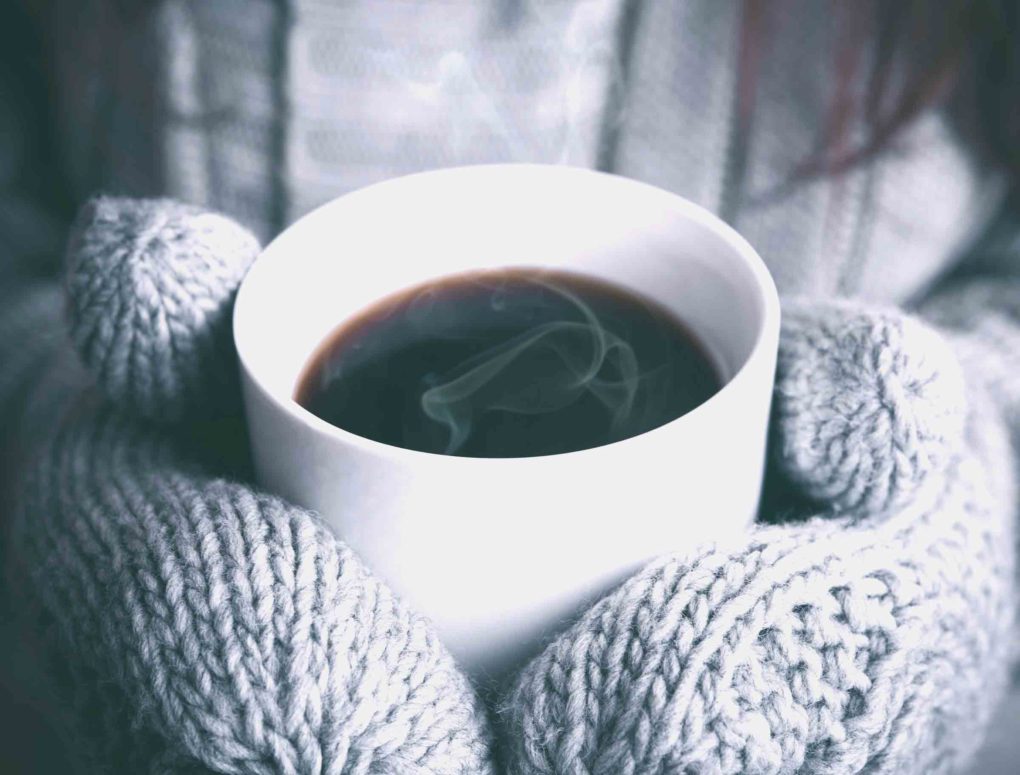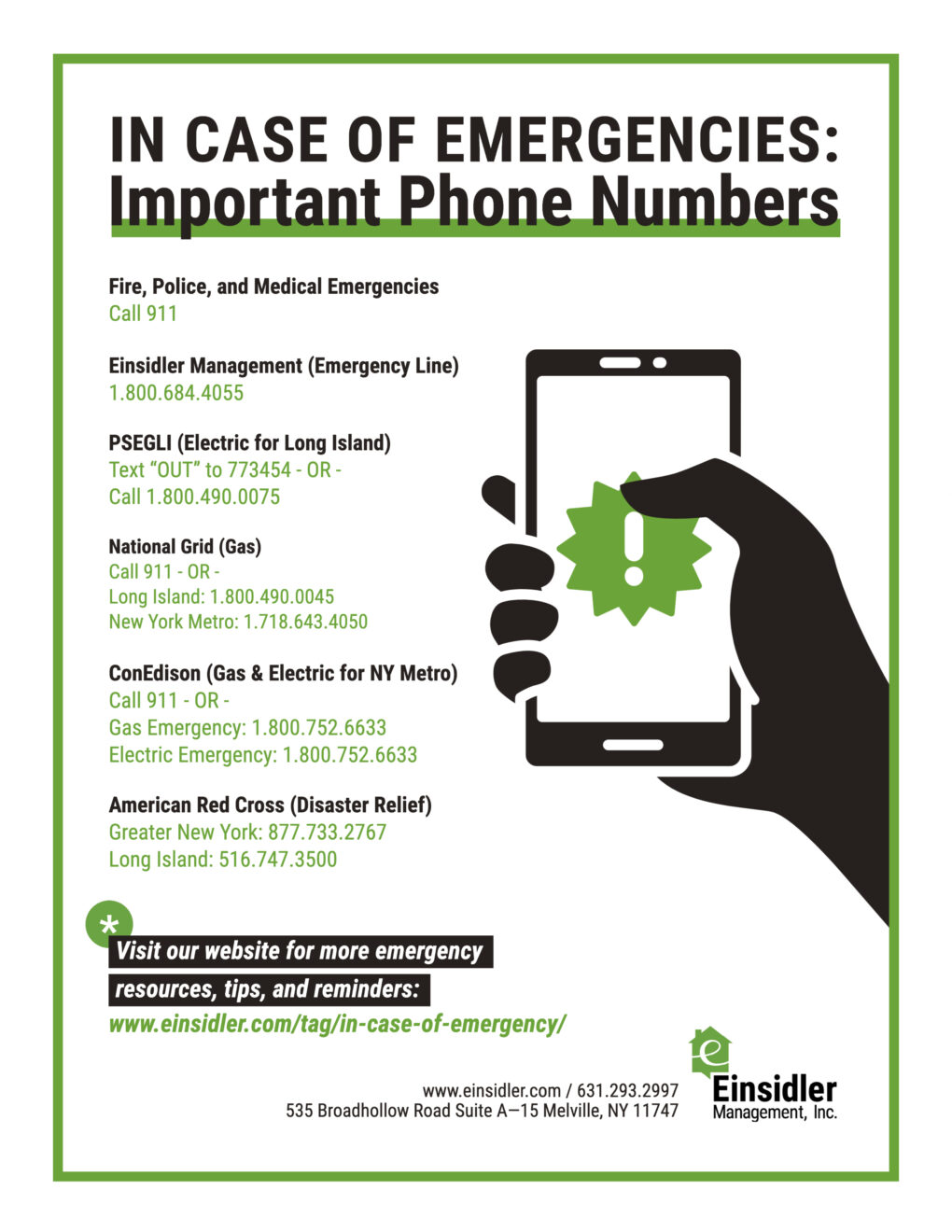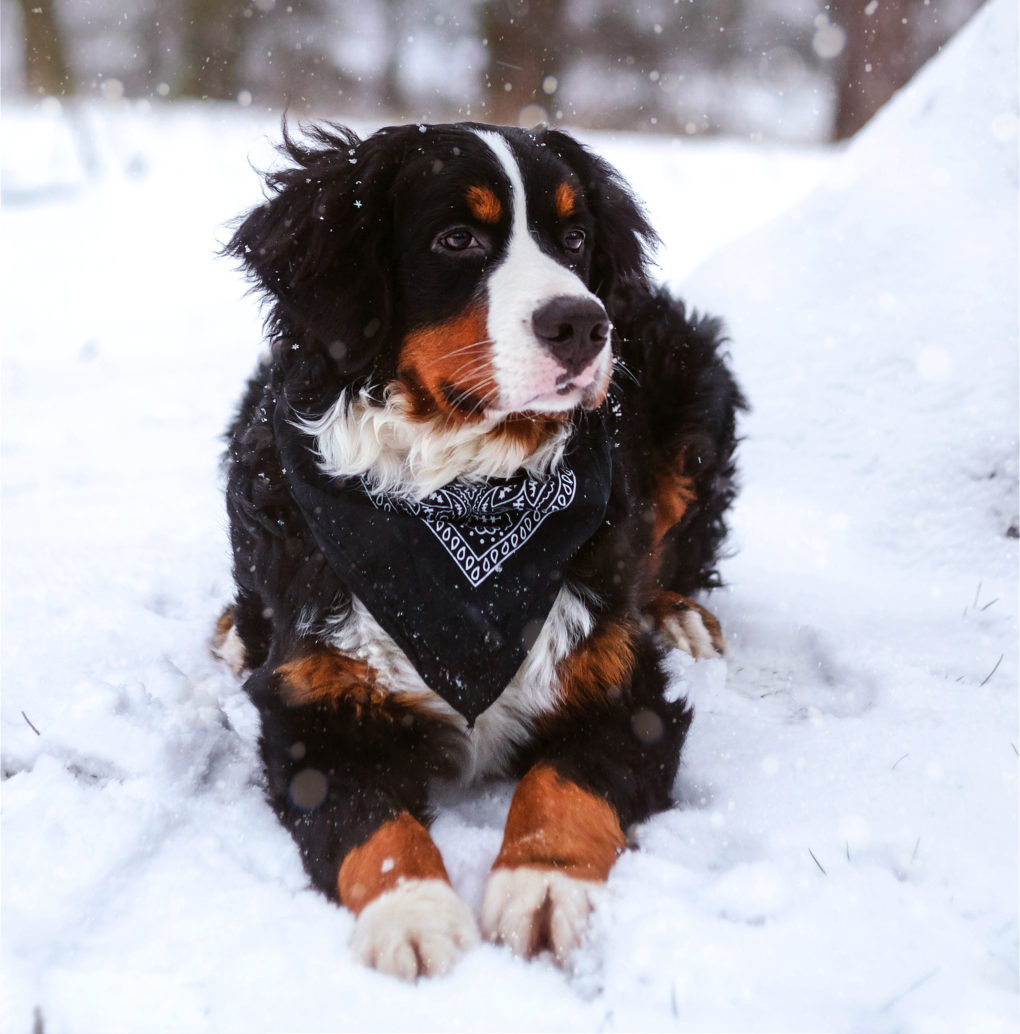As the temperature begins to cool, review this guide to ensure that your Long Island home or unit is ready in the event of snowstorms or extreme weather.

Follow Us on Social Media:
Winter Safety Tips for Long Island Co-ops, Condos, and HOAs
1. Inform Management of Issues.
Contact your Property Manager and/or Superintendent for emergencies that occur. Our emergency number is 1800.684.4055.
2. Update Your Contact Information.
If you are a current resident of a community that we manage, update your contact information if anything has changed. This will help us communicate with you when needed.
3. Stay Informed.
When a blizzard is forecasted to develop near or in your neighborhood, check your local news. Additionally, enroll in New York Text Alerts. Check our Facebook Page for helpful tips and updates as well. Additionally, subscribe to our email list for safety tips, newsletters, and more.
4. Be a Good Neighbor.
Check in on your neighbors–especially elderly residents who are more susceptible to hypothermia and low body temperature in the colder weather.
5. Use Caution with Ice.
After a storm, use caution when walking on sidewalks or driving as there may be ice. We recommend that all residents purchase ice melt as needed for additional melting of ice around your home.
(The Property Manager facilitates snow removal for some, not all of the properties that we manage, as in some properties it is the homeowner’s responsibility to perform their own snow removal. In the case that we help to arrange for snow removal for your property, we will do our best to ensure that snow is removed in a timely manner).
6. Avoid Pipe Bursts.
Turn off spigots and hose bibs if applicable and drain them if necessary. In the event of frozen pipes, do not try to thaw them with an open flame. Prevent frozen pipes with these additional tips.

For Your Fridge:
In Case of Emergencies: Important Phone Numbers
7. Reduce the Risk of a Fire.
Avoid fire hazards in your home. Also, check that your fire extinguishers are functional and replace them if they have expired. Brush up on fire safety with your household and have an emergency plan if you do not already have one. Don’t forget to make sure that your smoke detector(s) are properly functioning.
8. Prevent Carbon Monoxide Poisoning
Do not use your oven or gas stove to heat your home. This can put you at risk for carbon monoxide poisoning. Additionally, test your carbon monoxide detectors before a snowstorm arrives.
9. Prepare Your Car for Snow and Inclement Weather.
Fill your car with gas before a storm and stay indoors and off the roads during blizzards and snowstorms. Make sure that your ice scrapers are easily accessible prior to a snowstorm.
10. Prepare Your Pantry.
Stock your home with non-perishables and water for all family members.
11. Don’t Forget to Plan for Your Pets.
Don’t forget to supply your home with extra pet food and any other items that will protect your pet in the winter or in the event of inclement weather. Additionally, bring in your pets when the temperature drops!
12. Stay Warm.
After and during a winter storm, limit your time outdoors to reduce the risk of frostbite and hypothermia.
13. Buy Emergency Light Sources.
Purchase battery-operated lanterns and/or flashlights in case of electrical outages.
Additional Winter Safety Resources


